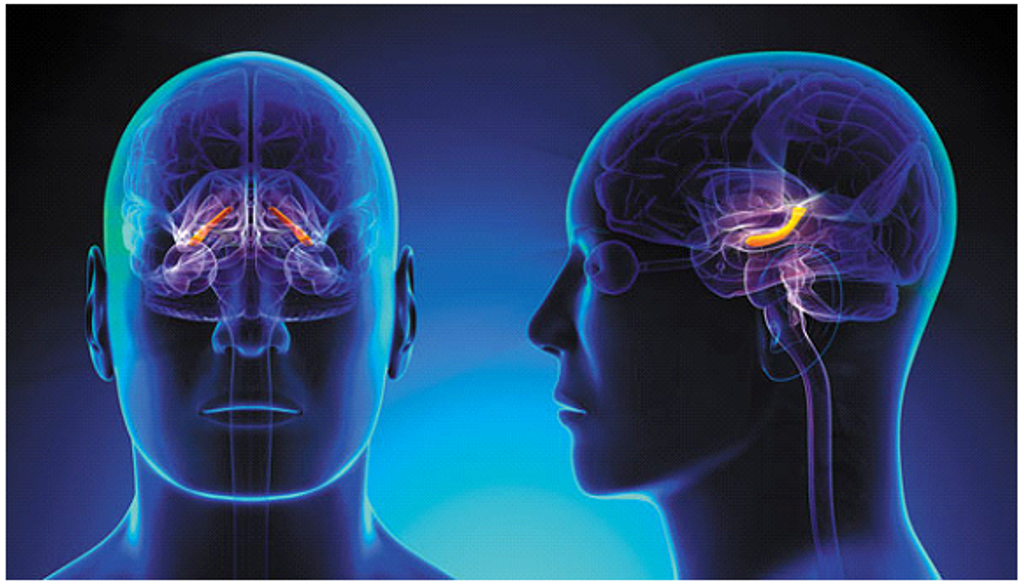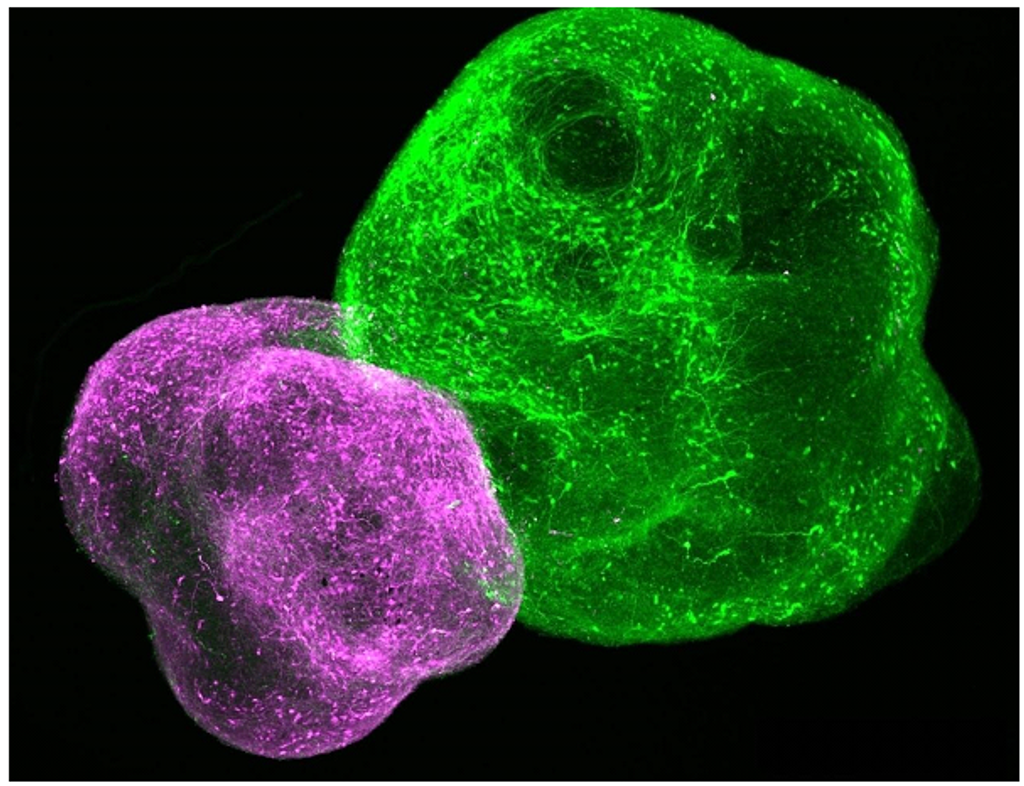In medical research, rare genetic disorders often serve as pivotal touchstones, illuminating pathways toward understanding and potentially treating more prevalent conditions. Among these rare conditions is Timothy syndrome, a genetic disorder affecting only a few dozen individuals globally. However, recent scientific endeavors have unveiled a groundbreaking breakthrough that not only offers hope for those affected by Timothy syndrome but also holds promise for a spectrum of neurodevelopmental disorders, including epilepsy and autism spectrum disorder.
Dr. Pasca’s Vision: From Rare Syndromes to Broad Impact
Dr. Sergiu Pasca of Stanford University spearheaded this pioneering research, driven by the conviction that rare syndromes with well-defined genetic origins can serve as windows into understanding complex neurological conditions that affect millions worldwide. Timothy syndrome, caused by a single genetic mutation, manifests in a constellation of symptoms ranging from autism and epilepsy to intellectual disabilities and heart problems.
Deciphering the Mechanisms: Insights from Brain Organoids
Over the past 15 years, Dr. Pasca and his team have meticulously studied brain organoids, miniature clusters of living human brain cells cultured in the laboratory, mimicking the intricate architecture of the human brain. These organoids, engineered to carry the same genetic mutation found in individuals with Timothy syndrome, provided invaluable insights into the underlying mechanisms of the disorder.
A Novel Therapeutic Approach: Harnessing Antisense Drugs

The crux of their discovery lies in an innovative therapeutic approach leveraging antisense drugs. These drugs utilize small segments of genetic material capable of penetrating brain cells and neutralizing the effects of the mutation responsible for Timothy syndrome. Through meticulous experimentation, including the transplantation of mutated human cells into the brains of animal models, Dr. Pasca’s team demonstrated the remarkable efficacy of this approach in reversing the neurological abnormalities associated with the disorder.
Paving the Way for Precision Medicine

This image shows a brain “assembloid” consisting of two connected brain “organoids”. Scientists studying these structures have restored impaired brain cells in Timothy Syndrome patients.
Their findings, published in the prestigious journal Nature, mark a pivotal milestone in developing targeted therapies for Timothy syndrome and potentially other genetic conditions affecting brain development. Moreover, this research heralds a new era in precision medicine, where a deeper understanding of genetic alterations paves the way for tailored treatments.
Challenges and Optimism: Navigating the Road to Clinical Translation
While the implications of this breakthrough are profound, challenges remain on the path to clinical translation. Dr. Huda Zoghbi of Baylor College of Medicine cautions that the complexities of psychiatric diseases, often influenced by multiple genetic and environmental factors, necessitate a nuanced approach to therapeutic development. However, she remains optimistic, citing the burgeoning field of antisense drugs and the FDA’s approval of treatments for rare conditions as harbingers of progress.
Interdisciplinary Triumph: Uniting Fields for a Common Goal
Indeed, this research represents a triumph of interdisciplinary collaboration, uniting expertise in genetics, neuroscience, and pharmacology to unravel the mysteries of the human brain. As we stand on the precipice of a new frontier in medicine, the journey from laboratory discovery to clinical application promises to transform the lives of individuals affected by rare genetic disorders and offer renewed hope to countless others grappling with neurodevelopmental conditions.
Timothy Syndrome References
- Scientists found a way to restore brain cells impaired by a rare genetic disorder [Internet]. Accessed on May 07, 2024. Available at: https://www.npr.org/2024/04/24/1246923934/scientists-found-a-way-to-restore-brain-cells-impaired-by-a-rare-genetic-disorde
- Scientists restore brain cells impaired by a rare genetic disorder [Internet]. Accessed on May 07, 2024. Available at: https://www.everand.com/article/728004263/Scientists-Restore-Brain-Cells-Impaired-By-A-Rare-Genetic-Disorder
About Docquity
If you need more confidence and insights to boost careers in healthcare, expanding the network to other healthcare professionals to practice peer-to-peer learning might be the answer. One way to do it is by joining a social platform for healthcare professionals, such as Docquity.
Docquity is an AI-based state-of-the-art private & secure continual learning network of verified doctors, bringing you real-time knowledge from thousands of doctors worldwide. Today, Docquity has over 400,000 doctors spread across six countries in Asia. Meet experts and trusted peers across Asia where you can safely discuss clinical cases, get up-to-date insights from webinars and research journals, and earn CME/CPD credits through certified courses from Docquity Academy. All with the ease of a mobile app available on Android & iOS platforms!






